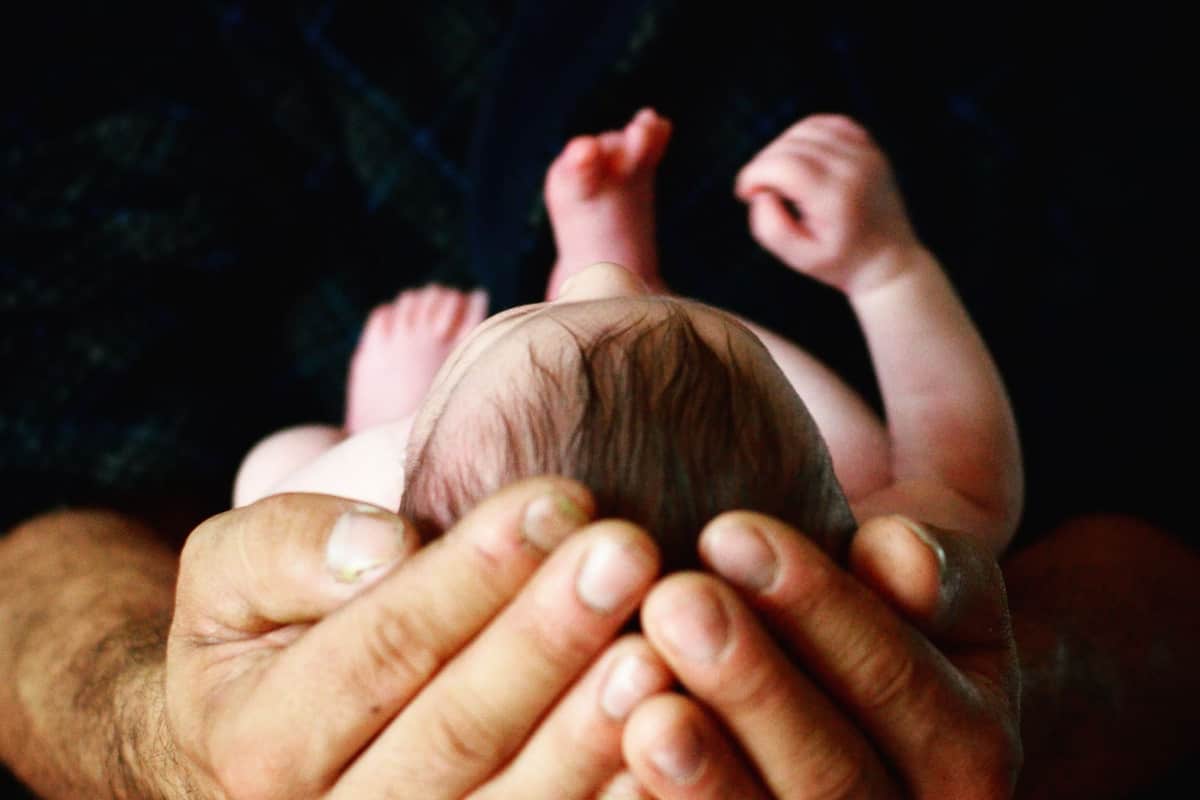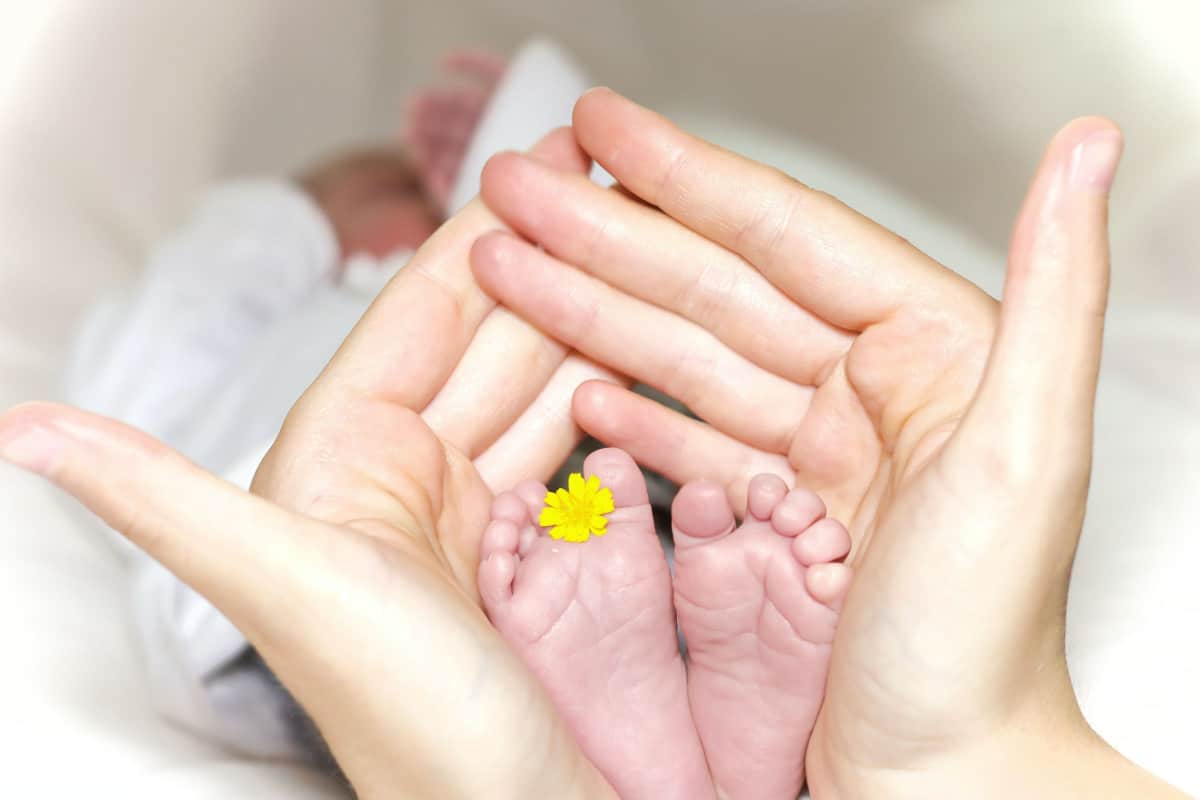What It Is, How To Recognize It, And Getting Help
Having a baby is an exciting time in life – and also one of the biggest changes you will ever make. Pregnant women experience massive changes to their bodies, minds, and hormones in the nine months leading up to delivery. And though it’s not as obvious, their partners also undergo psychological and hormonal changes as they prepare to support the new baby when they arrive. All of these things are natural processes that are meant to prepare parents to take care of their new little arrival. But sometimes the process and the transition can get so overwhelming that parents’ emotions can spiral out of control. In some cases, this can lead to postpartum depression.
If you think you or a loved one might be suffering from postpartum depression, please don’t despair. There is hope, and you can get through this time and come out the other side with your family, sanity, and healthy sense of self intact. In this article, we’ll take a look at what postpartum depression is, some risk factors for it, and when to get help (hint: if the thought crosses your mind that you need help, you should probably go see someone just in case. It never hurts to double check!)

What Is Postpartum Depression?
Postpartum depression is depression that occurs anywhere from six months prior to birth to a year after birth and is the most common complication when it comes to childbearing. Symptoms of postpartum depression may include:
- Anxiety
- Irritability
- Lethargy
- Confusion
- Frequent crying
- Difficulty sleeping
- Marked increase or decrease in appetite
- Lack of interest in things or activities that were previously enjoyable
- Hopelessness
- Feelings of worthlessness
- Panic
- Feelings of shame
- Difficulty bonding with baby
- Thoughts of self-harm or suicide
- Thoughts of harming the infant or of infanticide
Note: you do not have to experience all of the symptoms listed above to be suffering from postpartum depression. Every person is different, and some who experience debilitating anxiety and crying might not experience feelings of worthlessness, hopelessness, and shame. Whatever your symptoms, your suffering is valid, concerning, and deserves help and attention.
Up to 60% of women experience at least some symptoms of postpartum depression after giving birth. In many cases, these symptoms last between 24 and 72 hours and are often called the “baby blues”. They are common and widely regarded as a normal part of the body and mind’s transition to parenthood. However, if they don’t resolve within 72 hours, it’s time to start taking them seriously and get the help you need. Please reach out to your physician, pediatrician, or a licensed counselor. You can also call the National Postpartum Depression Hotline at 1-800-PPD-MOMS.
If you are currently experiencing thoughts of self-harm, suicide, or harming your baby, call 911 immediately.

Can Dads Get Postpartum Depression?
The answer is yes! New dads are at risk for postpartum depression and cases in fathers often go undiagnosed or misdiagnosed. Often, fathers experiencing PPD report symptoms similar to the ones that women with PPD go through, but are unwilling to seek help because of stigmatization and concerns about taking time to care for themselves when their partners are so clearly overwhelmed and vulnerable. This is especially true if their partner has already been diagnosed with postpartum depression herself.
If you are a new father and are experiencing any of the symptoms listed above, you need to get help. You deserve help, as well as compassion, patience, and love during this time – it’s not an easy transition for you, either! You don’t need to feel ashamed or guilty, and you’ll be able to provide greater support and love to your partner and baby if you are emotionally healthy.
Note: Parents who have just adopted a child can also go through a period of depression similar to PPD. If you’re a newly adoptive parent and are experiencing any of the symptoms listed above, we encourage you to get help.

How Is Postpartum Depression Treated?
Treatment of PPD really depends on its severity and the individual needs of the person affected by it. Depending on the case, treatment options may include:
- Individual talk therapy
- Antidepressants
- Hormonal therapy
- Support group attendance
In addition, new parents (both moms and dads!) may have to make proactive changes to make sure that their self-care doesn’t lapse during the hectic early childhood years. Raising children is an incredible experience, but they make demands on your time and energy that compare to nothing else. New moms and dads may need some coaching to make sure they prioritize sleep, healthy eating patterns, and getting in some exercise. It’s also important to take advantage of social support networks and set aside a little bit of time each day just for yourself.
New fathers who are suffering from PPD can especially benefit from spending time with their newborn. Studies have shown that taking time to bond with your new baby can be an especially effective remedy in your fight against PPD.
No matter what, resist the temptation to criticize yourself if you’re confused, uncertain, or overwhelmed. Every new parent experiences those feelings; you’re not alone, you’re not weak, and odds are you’re doing far better than you think you are!
If you or a loved one are struggling with PPD (or suspect you might be struggling but haven’t been diagnosed), please reach out to us, your OB/GYN, pediatrician, or any licensed therapist you trust. There is NO shame in getting help, and it will only increase your wellbeing and that of the family as a whole. Give us a call at (307) 631-5574!

